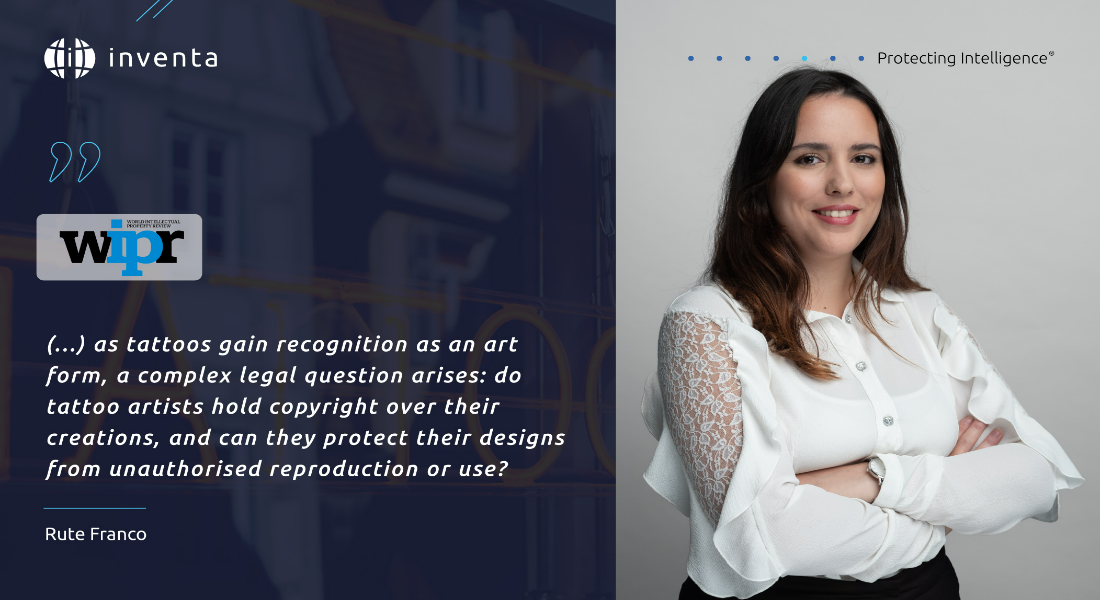OPINION
Copyright for tattoo artists: Protecting artistic expression
Tattoos are a form of artistic expression deeply rooted in human culture and are unquestionably works of art created by talented artists.
Each design is often customised to reflect the history, beliefs, culture, and personal tastes of the individual receiving it. Like any other form of art, tattoos are crafted with skill and imagination.
However, as tattoos gain recognition as an art form, a complex legal question arises: do tattoo artists hold copyright over their creations, and can they protect their designs from unauthorised reproduction or use?
This article delves into the intriguing world of copyright and tattoos, exploring the challenges and controversies surrounding this unique intersection of art and intellectual property.
Challenges in protecting tattoos under copyright
Copyright law is designed to protect the rights of creators by granting them exclusive rights to their original works. These rights include the right to reproduce, distribute, and display the work.
Copyright exists as soon as an original work is created, such as a painting, photograph, or written document. However, tattoos, despite their permanence on the body, are commonly viewed as a challenging and somewhat transient form of creative expression when it comes to applying traditional copyright law.
Copyright law is a fundamental tool for protecting intellectual property but applying it to the field of tattoos can be complicated. In many cases, tattoo artists and clients establish verbal or written agreements regarding ownership and use of the tattoo. This can vary widely based on the understanding between the parties involved.
The debate over whether tattoos should be considered copyrighted works centres on the permanence and reproducibility of the art. While tattoos are certainly original creations, they are often seen as applied directly to the body, making them a transient and inherently difficult medium to protect under traditional copyright law.
Despite the complexities, some cases have emerged where tattoo artists have sought legal protection for their designs. One high-profile case involved the famous tattoo artist S. Victor Whitmill, who sued Warner Bros over the use of a tattoo design he had created for boxer Mike Tyson in the movie The Hangover Part II.
Whitmill argued that the reproduction of his design on actor Ed Helms' face in the film constituted copyright infringement. The case was eventually settled out of court.
Solutions and future considerations
The intersection of copyright and tattoos presents a fascinating and complex challenge to the world of intellectual property law. The complexity of tattoos in the context of copyright may require flexible approaches and clear agreements between tattoo artists and clients.
Tattoo artists can consider, for example, registering their designs as intellectual property to establish a formal record of authorship. Similarly, the tattooist’s clients can discuss and document ownership issues with their tattoo artists before the procedure.
As tattoos continue to gain recognition as a legitimate form of artistic expression, finding a balance between the rights of tattoo artists and the freedom of those who bear their art will be crucial in shaping the future of copyright in this realm.
This is a co-published article, which was originally published in the World Intellectual Property Review (WIPR)
Learn more



